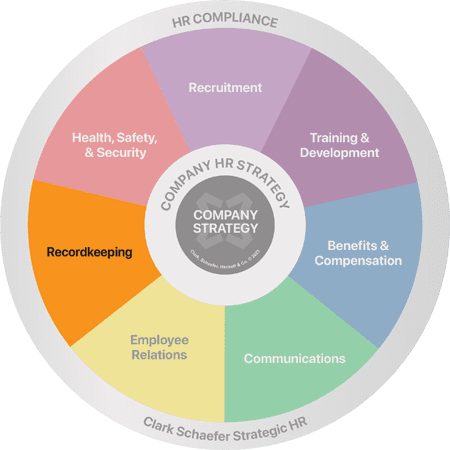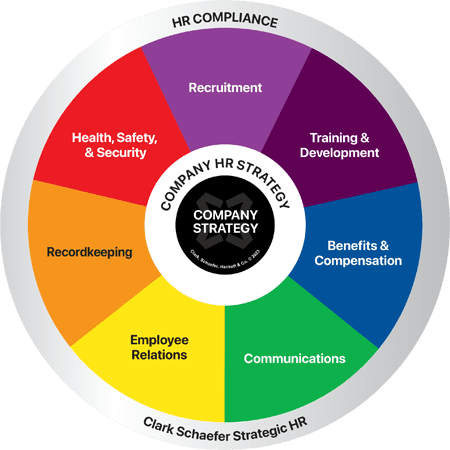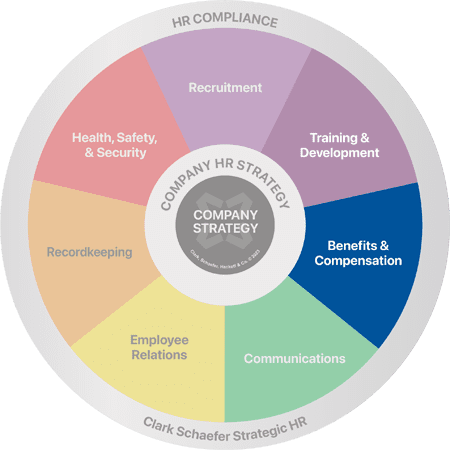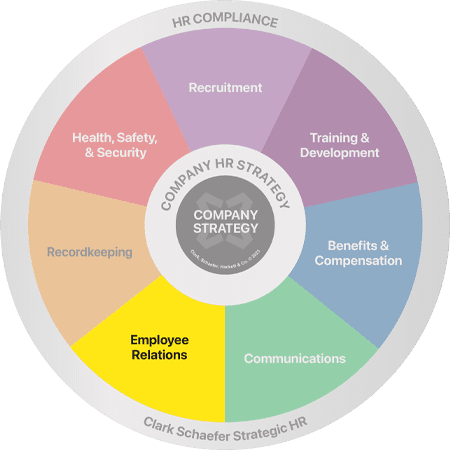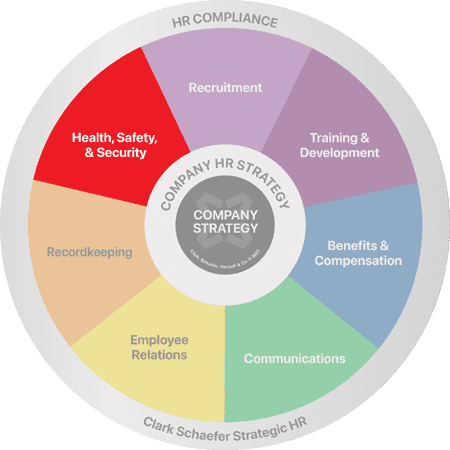Posts
Impact Of Miscarriage On Leave
Last Updatedin Employee Relations, HR Compliance
Question:
We had an employee request, and was granted, maternity leave under our leave policy. After the leave was granted, she had a miscarriage. How should this impact the maternity leave and how long should we allow her to be out?
Answer:
From a legal perspective, maternity leave falls under the Family Medical Leave Act (FMLA), which allows eligible employees 12 weeks of job protected leave for the birth, adoption or placement of a child, the employee’s own serious health condition, or to care for a family member with a serious health condition. The above circumstance would most likely qualify as leave taken for the employee’s own serious health condition. To be covered, you will need to have the employee obtain certification from her health care provider. The length of time she takes for leave, up to the 12 weeks, may largely be determined by when her doctor releases her. Other benefit programs that may come into play in this situation could be short term disability and your Employee Assistance Plan, if you have either of these in place.
Be sure to review your Maternity Leave Policy to make sure it is in compliance with FMLA regulations. The Department of Labor (www.dol.gov) offers guidance for managing FMLA claims and our team at Strategic HR can also assist you with this and other compliance questions.
One of the stickiest aspects of human resources management is Employee Relations. Are you having difficulties in your company that stem from employee-employer related issues? Strategic HR has years of experience in employment relations and can help coach you through challenging employee relation issues. Visit our Employee Relations page to learn how we can help you resolve some of your toughest ER problems.
FMLA Expiration and COBRA
Last Updatedin Benefits & Compensation, HR Compliance
Question:
We have an employee who is on FMLA to receive an organ donation and the leave is expiring soon. At what point do we offer the employee COBRA, and for how long?
Answer:
It is generally required by employers to offer health care coverage under COBRA law when the employee is:
- No longer eligible to receive benefits of employer-provided group health plan
- No longer protected by federal or state leave laws
It is common for employee coverage eligibility to expire after 12 weeks of leave under FMLA and any additional leave where the employer is reasonably accommodating the employee under the Americans with Disabilities Act.
Strategic HR has the answers to all of your tough Benefits and Compensation related questions. Whether you need an analysis of your current benefit offerings or are looking to create a cost-effective recognition and rewards program, Strategic HR can do the job. Please visit our Benefits & Compensation page for more information.
Excessive Absenteeism
Last Updatedin Employee Relations, HR Compliance
Question:
I have an employee with excessive absenteeism and tardiness due to her pregnancy. She has been with the company less than eight months. Per her physician’s request she has been asked to stop working and has asked us for a leave of absence for six to eight months. The company can not afford to hold this position for such a long time. What are our legal obligations?
Answer:
Since each State has different State-specific laws, we’ll address your question from a federal perspective. You should also confirm your obligations with your respective State as they could be more restrictive.
From a federal viewpoint, you should be concerned with the Family Medical Leave Act (FMLA) and Pregnancy Act. Because this employee has not been employed an entire year, she is not eligible for FMLA protection. The Pregnancy Act only requires that you provide the employee the same treatment provided others with medical disabilities. So, as long as you are treating her equal to other employees with a short-term disability, you do not need to hold her position. The real issue to be addressed is her absence not her pregnancy.
Based on the limited information you have shared, unless your State has different laws, it appears your company has no obligation to hold the position for the employee.
Do difficult situations with employees keep you awake at night? Strategic HR understands how conflicts with employees can make or break your day (or a good night’s sleep). Call us when you encounter a difficult situation – we can help coach your managers, suggest solutions or advise you on a specific problem. Learn more about our Employee Relations services by visiting our Employee Relations page.
Return To Work / Fit for Duty
Last Updatedin HR Compliance
Question:
We have an employee out on family medical leave (FMLA) for a serious health condition. If he provides medical certification from his physician that he can return to work with no limitations, can we require the employee to submit to further examination to see if he is fit for duty under the ADA? The employee is not claiming any disability and has requested no consideration under ADA, but we believe he might be unable to perform the job duties.
Answer:
Although the employee has provided medical certification that he is fit to return to work with no limitations, employers can request 2nd and 3rd opinions on FMLA issues. Generally, we recommend that employers require everyone returning from FMLA to have an employer paid fit for duty physical by occupational health. To accomplish this, you would provide a job description to the physician and they physician reviews the employee based on the job requirements. From there you could pursue the ADA issue if necessary, but don’t be premature since no disability has been claimed yet.
FMLA, the ADAAA and other labor laws can be difficult to understand, let alone enforce. That’s where Strategic HR has you covered. We bring years of experience and know-how to the table. We can assist you with your tough compliance issues and help you sleep more soundly at night. Visit our Compliance page to learn more.
How to Handle Bed Bugs at Work
Last Updatedin Health, Safety & Security
An employee has indicated that she has bedbugs in her apartment building. What responsibility do we have as an employer towards our other employees?
Contact Us
Clark Schaefer Strategic HR
10856 Reed Hartman Hwy
Suite 225
Cincinnati, OH 45242

Clark Schaefer Strategic HR is recognized by SHRM to offer Professional Development Credits (PDCs) for SHRM-CP® or SHRM-SCP® recertification activities.
The information provided on this website does not, and is not intended to, constitute legal advice; instead, all information, content, and materials available on this site are for general informational purposes only. Readers of this website should contact their attorney to obtain advice about their particular situation and relevant jurisdiction. This website contains links to other third-party websites. These links are only for the convenience of the reader, user or browser; Strategic HR does not recommend or endorse the contents of the third-party sites.

